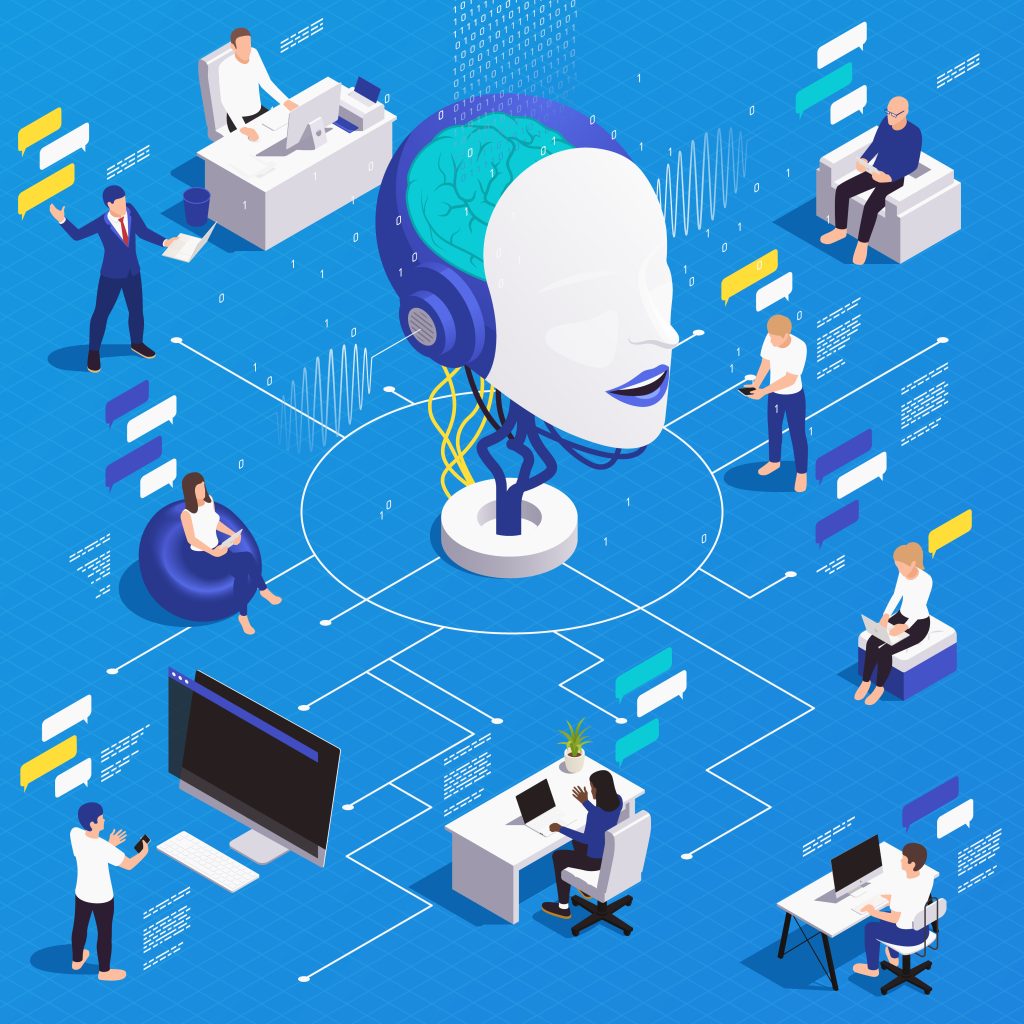
As technology continues to reshape our world, digital transformation is no longer a choice but a necessity for businesses aiming to stay competitive and relevant. As we progress into 2024, the importance of embracing digital transformation is more pronounced than ever. This blog explores the key aspects of digital transformation, backed by compelling facts and figures, and how it can drive business growth and innovation.
What is Digital Transformation?
Digital transformation involves the integration of digital technologies into all areas of a business, fundamentally changing how organizations operate and deliver value to customers. It encompasses a wide range of activities, including adopting new technologies, optimizing processes, and fostering a digital culture within the organization.
The Growing Importance of Digital Transformation
Market Demand
According to IDC, worldwide spending on digital transformation is forecast to reach $3.4 trillion by 2026, reflecting a compound annual growth rate (CAGR) of 16.4% from 2021 to 2026. This indicates a significant commitment by businesses across various industries to invest in digital technologies.
Business Performance
A study by McKinsey found that companies that undergo successful digital transformations improve their overall performance and efficiency by 20-30%. These improvements include increased productivity, enhanced customer experience, and streamlined operations.
Competitive Advantage
Gartner reports that 56% of CEOs say digital improvements have led to increased revenue. Businesses that leverage digital transformation effectively are better positioned to innovate, respond to market changes, and meet evolving customer expectations.
Key Drivers of Digital Transformation
Customer Expectations: Today’s customers demand seamless, personalized, and efficient experiences. Businesses must adopt digital solutions to meet these expectations and stay ahead of the competition. A Sales force report indicates that 84% of customers say the experience a company provides is as important as its products and services.
Operational Efficiency
Digital transformation enables businesses to automate repetitive tasks, reduce manual errors, and optimize processes. According to Deloitte, organizations that implement digital strategies report a 15-20% increase in operational efficiency.
Data-Driven Decision Making
Leveraging big data and analytics is crucial for making informed business decisions. A survey by NewVantage Partners reveals that 91.7% of executives believe data-driven decision-making is essential for achieving business goals.
Digital Transformation Technologies
Artificial Intelligence (AI)
AI-driven solutions enhance decision-making, automate processes, and improve customer interactions. According to PwC, AI could contribute up to $15.7 trillion to the global economy by 2030.
Process Automation
Process Automation automates repetitive and rule-based tasks, freeing up employees to focus on more strategic activities. The process automation market is projected to reach $25.56 billion by 2027, growing at a CAGR of 34.0% from 2020 to 2027 (Grand View Research).
Cloud Computing
Cloud solutions provide scalability, flexibility, and cost savings. Gartner predicts that worldwide end-user spending on public cloud services will reach $600 billion by 2024, driven by the increased adoption of cloud-native applications.
Internet of Things (IoT)
IoT devices enable real-time data collection and analysis, improving operational efficiency and customer experiences. McKinsey estimates that IoT could generate up to $12.6 trillion in global economic value by 2030.
Challenges and Considerations
Cybersecurity
As businesses embrace digital technologies, cybersecurity becomes a critical concern. A report by Cybersecurity Ventures predicts that global cyber-crime costs will reach $10.5 trillion annually by 2025, emphasizing the need for robust security measures.
Skill Gaps
The rapid pace of technological advancements requires businesses to upskill their workforce. According to the World Economic Forum, by 2025, 50% of all employees will need reskilling due to the adoption of new technologies.
Change Management
Successfully navigating digital transformation requires strong leadership and a culture that embraces change. McKinsey highlights that 70% of digital transformation initiatives fail due to resistance to change and lack of employee engagement.
Conclusion
Digital transformation is a journey that involves continuous adaptation and innovation. By embracing digital technologies, businesses can drive growth, improve efficiency, and deliver exceptional customer experiences.
At Argos Labs, we are committed to helping organizations navigate this transformative journey, leveraging cutting-edge solutions to unlock their full potential. As the digital landscape continues to evolve, staying ahead of the curve is crucial for long-term success and sustainability.
About Argos Labs
Argos Labs is a leading provider of process automation solutions, empowering businesses to automate complex workflows and achieve operational excellence. Our innovative technologies and expertise in digital transformation help organizations unlock new opportunities and drive business growth. Learn more at Argos Labs.





